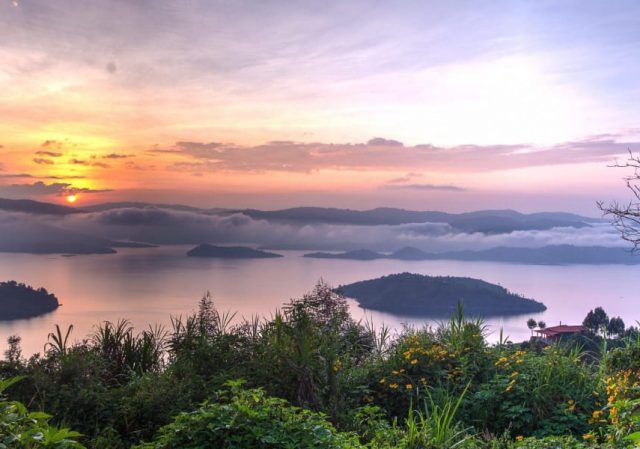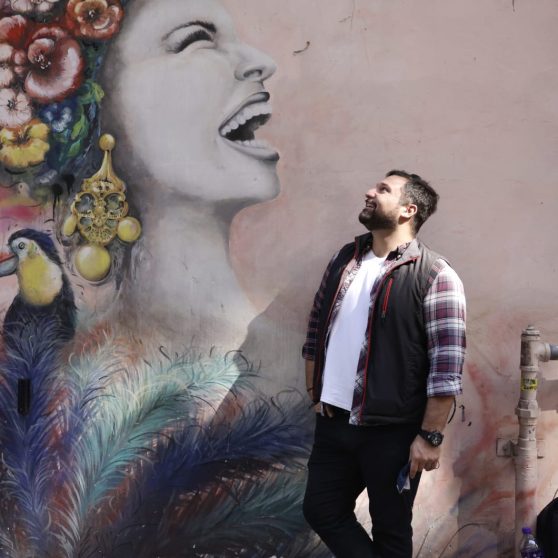I knew it was a rainforest, I just didn’t think about where all the rain would go. Wading through the waist-deep groundwater, this felt like a substantial oversight. The dense vegetation hangs heavy above us, pulling at my hair as we slosh on. Though I walked this path just days before, yesterday’s deluge has made it unrecognizable to me now. My guides, three spirited BaYaka boys, lead the way without hesitation. They know the trail even when there isn’t one.
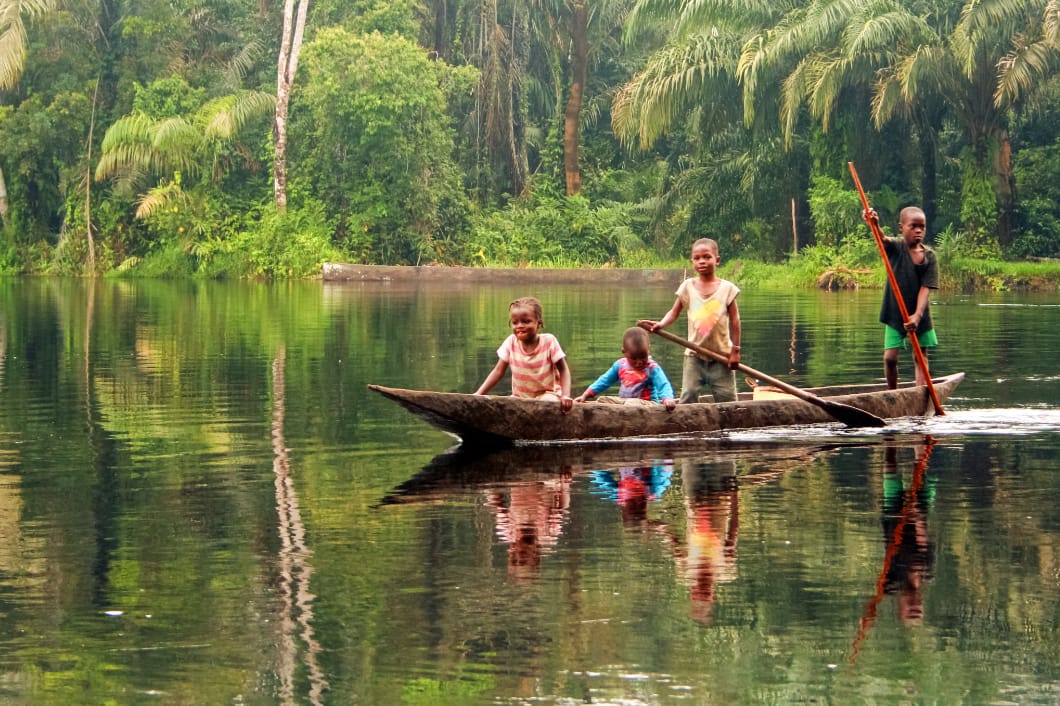
I’m a cross-cultural psychologist – I try and understand how culture and environment shape cognition: the mental action or process of acquiring knowledge and understanding through thought, experience, and the senses.
My main focus is studying how culture influences when we decide to switch from one strategy to another. Cognitive flexibility in psych jargon.
“I’m a cross-cultural psychologist – I try and understand how culture and environment shape cognition..”
The Congo Basin, Africa’s largest rainforest, encompasses a vast maze of riverways and vegetation. One of the few corners of the world yet to be razed by industry, life here is teaming. The village I conduct research in, accessible only by foot or canoe, is home to roughly five hundred people. Half BaYaka hunter-gatherers, half Bondongo fisher-farmers, and well, us…for a few months out of the year. Our research team is small, it’s just me and two translators. They are talented and hard-working, patiently fielding my endless questions.
If I asked you to picture feats of human ingenuity, you might think of a skyscraper or a microscope. For better or worse, our world has been completely transformed by human inventions. Each time we create or adopt a new tool or technique, we are flexibly switching from a previous strategy to a new one. So, in one sense, humans seem impressively and undeniably flexible. But that isn’t always true.
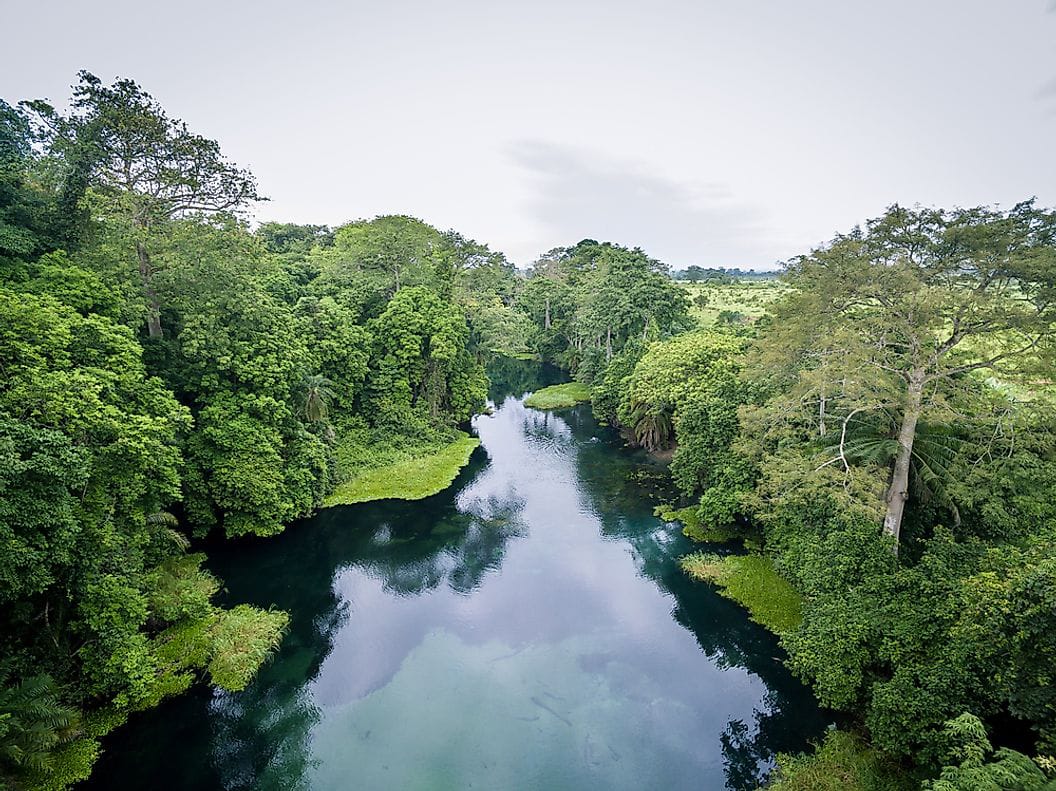
We are also creatures of habit. Psychology experiments consistently find that humans get stuck on familiar solutions, to the point of ignoring even much better alternatives. It’s a little embarrassing actually. These studies find that participants – mostly Europeans and Americans – continue to use previous strategies, long after they’ve become irrelevant. Even in our daily lives, we regularly use inefficient routes and techniques, simply because that’s how we first learned them.
“We are also creatures of habit. Psychology experiments consistently find that humans get stuck on familiar solutions..”
For example, a recent study found that Londoners, whose daily commute was disrupted by a two-day transportation strike, were 5 times more likely to continue to use a different route after the strike – suggesting that they had found a better alternative but only after being forced to deviate from their habitual journey.
Cognitive flexibility allows us to adjust to changing circumstances, a tool that has become crucial in the past year. Deprived of our daily routines, our pre-COVID normalcy, we’ve been forced to restructure our lives, discover new strategies and shape new skills. What will be important in the years to come, is that we maintain this flexibility – so that even when we are not forced to, we are able to, think flexibly.
“Cognitive flexibility allows us to adjust to changing circumstances, a tool that has become crucial in the past year.”
But perhaps, inflexibility isn’t so surprising. There are costs and benefits to switching strategies. For starters, if a strategy stops working, or if we think it might stop working, flexibility is the only way to adapt. On the other hand, if we have a working strategy, switching to something new is risky. It could fail. And even if a new strategy is better, the time it took to find it might easily outweigh the benefits.
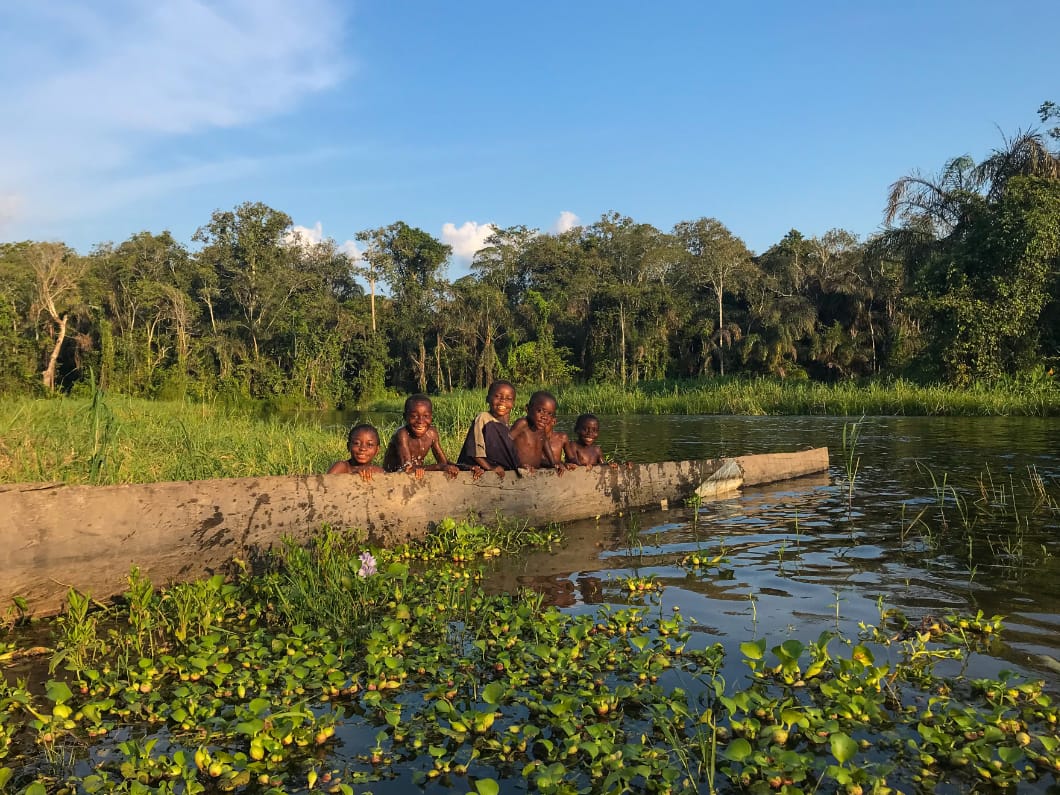
Almost all the research on cognitive flexibility has been conducted in industrialized urban communities…which I find odd given how predictable these environments have become. We abide by strict schedules, eight-hour blocks of work or school. We’ve exchanged farming and foraging with grocery lists and delivery. And any potential for risk is hedged by customer reviews, how-to videos, and turn-by-turn directions. In 2019, I published a study that found that, compared to American participants, Himba pastoralists living in northern Namibia were roughly 4 times more likely to switch from a learned strategy to a better alternative.
BaYaka and Bondongo people share a village but their way of interacting with the forest is so different. I’m here to understand how this impacts their flexible thinking, and what we can learn from it.
“In 2019, I published a study that found that, compared to American participants, Himba pastoralists living in northern Namibia were roughly 4 times more likely to switch from a learned strategy to a better alternative.”
The Bayaka hunter-gatherers read the forest like a book. Even young children see stories in broken twigs and animal tracks. At night polyphonic songs echo through the camp, summoning forth forest spirits that dance around us. Whirls of raffia grass and leaves. When a tree falls, they don’t cut it out of the path, the path shifts, bending around the tree. If they don’t find caterpillars, they collect tubers. If they don’t find tubers they eat mushrooms or nuts or edible leaves. The forest is ever-changing but the BaYaka move with it. From the outside, it seems like chaos but I’m learning that it’s synchrony.
Bondongo life moves more predictably. Most days, Bondongo men are on the river, fishing and collecting palm wine. If you wake up early enough you can see their dugout canoes lining the riverbanks but they’ll all be gone before sunrise. Women spend much of their time cultivating gardens and preparing food. They harvest and plant simultaneously and any meat is preserved through smoking. There is always something to eat. They seem to overcome the chaos of the forest, create predictability where there is so little.
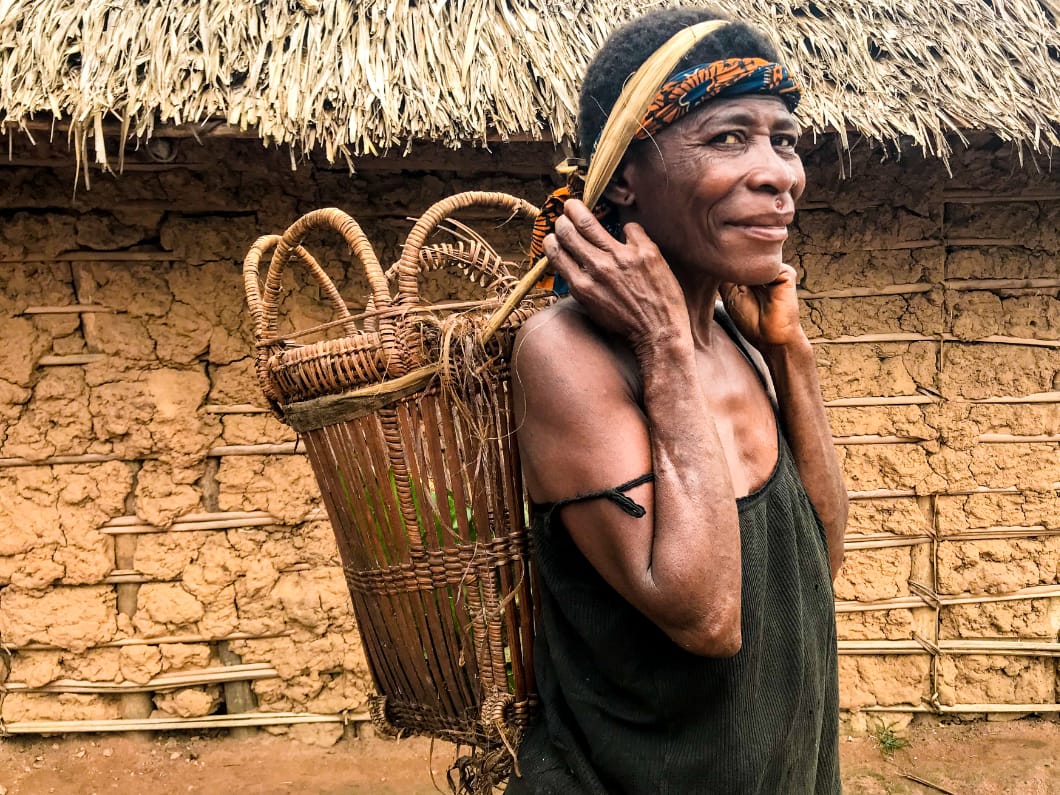
Back in the village, my evening stroll develops into an invitation to try some palm wine. One of the neighborhood leaders, a kind Bondongo woman, brings a woven stool for me to sit on. She hands me a cup of the fermented palm sap and I take a sip. The drink tastes earthy and tingles my tongue like kombucha, but it’s cold and refreshing. I ask her what she will do tomorrow. She says she doesn’t know, it depends on the rain.
